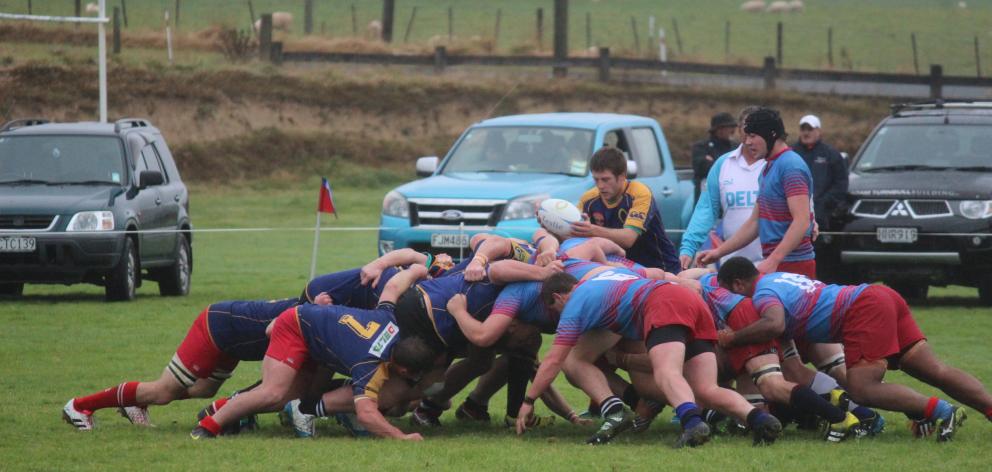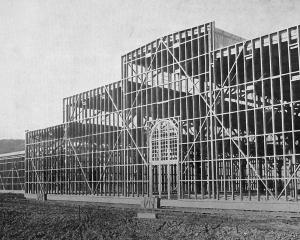
It all hinges on "proposal 1" and "proposal 2", and with the status quo in the background.
Proposal 1 pitches the attitudes of the New Zealand Rugby Players’ Association (NZRPA), the Super clubs and the game’s review panel, with support from the board, against some provincial unions.
The matter went nuclear last week when the NZRPA wrote to the board saying that if proposal 1 was not adopted, it would exercise its right to set up a new body for the professional game.
The reaction of Wellington’s chairman Russell Poole illustrates the depth of feeling. He said the NZPRA document had "so many lies in it". It smacked of "if I don't get my own way I'm going to take my toys, my bat and my ball and go somewhere else".
Hence the use in some reports of the term "civil war".
Mr Poole claims proposal 2 aligns with the independent review board’s report, and in many ways it does. He said the key difference was the provincial unions "have a line in there that says that three members on the NZR board at any given time must have spent some time on a provincial rugby board".
The panel, however, has analysed proposal 2 and differs emphatically. The union proposal reinforced the status quo, with appointments to the board no longer based entirely on merit, it said. The planned Shareholder Council, rather than being consultative, would add elements of another layer of governance, and the independence of the nine-person board itself and appointments to it would be undermined.
Rugby is a mix of a $300 million business — with an estimated enterprise value of $3.7 billion — and clubs and large numbers of volunteers and amateur players.
Both the NZRPA and the unions have had good reasons to mistrust NZR and its officials. Both agree management should be more accountable and that direction change is essential.
The governance review was a condition of the NZRPA finally agreeing to the "investment" in rugby from private equity firm Silver Lake. The panel’s damning report was finalised last August, and the NZR board came around to accept almost all of it. Chairwoman Dame Patsy Reddy had earlier said she would resign if the recommendations were not accepted.
The high-powered panel was headed by one of New Zealand’s leading company directors, David Pilkington, a long-time Port of Tauranga chairman. He was supported by professional director Anne Urlwin (who lives between Wānaka and Wellington), a leader in Māori and other business in Whaimutu Dewes and former All Black captain Graham Mourie.
They settled on an independent governance model, saying the set-up — which just about everyone agrees is no longer fit for purpose — has failed to govern properly.
The unions’ proposal 2 could be seen as retaining parts of a representative model rather than governance per se.

The NRL eats into its youth talent base and the NRLW could skim off the best women players. The men’s provincial rugby competition is in peril at present.
Wider society issues about participation in clubs and organisations and the search for volunteer leaders do not help. The issues around head knocks reverberate.
Despite the behind-the-scenes disagreements, Super Rugby has enjoyed a bounce in attendance and television viewership. It has sailed on as the governance drama continues.
The board itself and the unions are being asked to give up power and positions to overhaul the governance and guidance of the sport.
While there can be little doubting the dedication and determination of all parties, the running of rugby has lurched to the brink. It has reached the point where there should be little option but for proposal 1 to receive the required two-thirds support.











